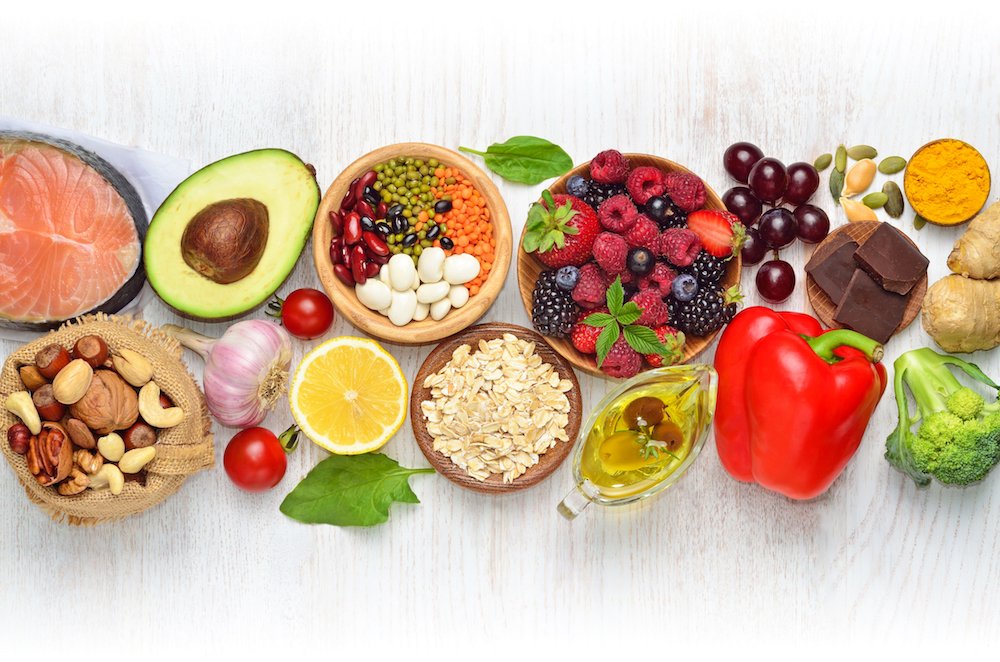
Feeling bad after indulging in a meal has become commonplace, though it shouldn’t be the norm. Eating can be a neutral, even pleasurable, experience. Dive in to explore the reasons behind food-associated guilt and discover four methods to free yourself from such feelings.
Picture this: Two individuals enjoying bowls of food, with chopsticks, captioned ‘Navigating Past Food Guilt.’
Before we proceed, think about this: When you regret eating, are there specific foods or types of foods that trigger that guilt? Chances are, it’s certain foods or categories, labeled as “naughty” or “unhealthy”, that spark that emotion.
You might regret eating what you believe you “ought to” avoid. Or feel remorse for not consuming what you think you “ought to” have. The culprits usually being the foods we deem “virtuous” or “wholesome”. Or, it might be a combination of both.
Although many people feel regret after eating, it isn’t a standard emotion. It’s not an issue with you, but an issue with societal standards and the moral values associated with food.
FOOD AND MORAL JUDGMENT
Our society has indoctrinated us to tag certain foods as “right” or “wrong”. The ensuing guilt surfaces when we perceive our food choices as mistakes or violations.
The dilemma of choosing between a burger and a salad is not just about taste, but also about one’s moral fiber. Do you choose to be “virtuous” or “rebellious”?
Alan Levinovitz, a scholar, delves into this concept in his article where he describes how “natural” foods are viewed as symbols of moral purity. Intriguingly, what’s deemed “natural” has evolved. Historian Rachel Laudan points out that historically, people valued processed and refined foods, viewing them as purer.
Biologically, we seek acceptance and security. Modern society not only associates morality with food choices but also with body sizes. Thin frames are lauded, while larger ones are often critiqued.
Dr. Sabrina Strings, in her book, traces how fatness was linked to racial and religious biases, suggesting that slimness was a sign of moral and racial superiority.
We inherently prefer clarity over complexity, often oversimplifying into binary categories. Diet culture leverages this instinct, offering the illusion of a straightforward solution to well-being.
Given these pervasive cultural notions, it’s hardly surprising that food and eating are fraught with feelings of guilt and self-reproach.
Achieving the societal “ideal” body image and eating habits makes one feel accepted and secure. Living within these societal frameworks means we often prioritize these over our body’s actual needs, leading to various challenges.
THE DRAWBACKS OF FOOD GUILT
While some believe that guilt aids behavioral change, it actually distances us from our true selves and obstructs positive, lasting change. It entrenches us in a repetitive cycle of restriction, indulgence, and self-reproach.
Furthermore, food guilt diminishes any joy derived from meals, replacing it with negative feelings. Such sentiments not only mentally tax us but also strain our relationships.
Now, while some foods are nutritionally richer, the “do’s and don’ts” are not black and white. Moreover, guilt-driven changes often lead to counterproductive behaviors.
NAVIGATING PAST FOOD GUILT
To address food guilt:
- Recognize Guilty Thoughts: Familiarize yourself with when and how food guilt manifests. By being aware, you can assess and address the underlying assumptions of such thoughts.
- Detach from the Thought: A simple thought, like “I had too many carbs”, can spiral into self-judgment. By observing these thoughts neutrally, you can prevent them from escalating into guilt and shame.
- Challenge and Reshape Thoughts: Once identified, replace unhelpful thoughts with balanced ones. For instance, swap “I shouldn’t have another pizza slice” with “I can have another slice if I feel like it.”
- Act with Kindness: Combat guilt and shame with self-compassion. Responding with understanding, even during moments of struggle, can gradually alter our inherent thought patterns.
Remember, feeling remorseful after eating isn’t inevitable. Challenge such feelings, and with time, you can transform your relationship with food.



